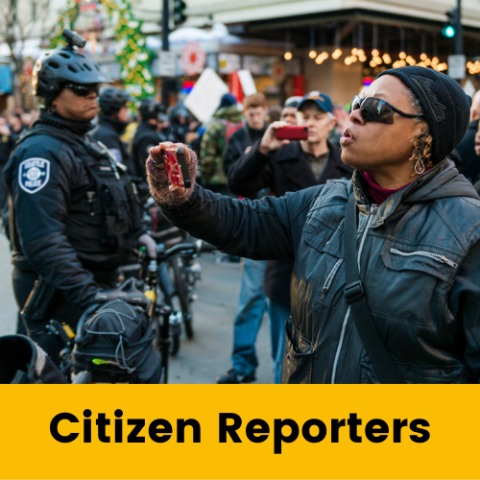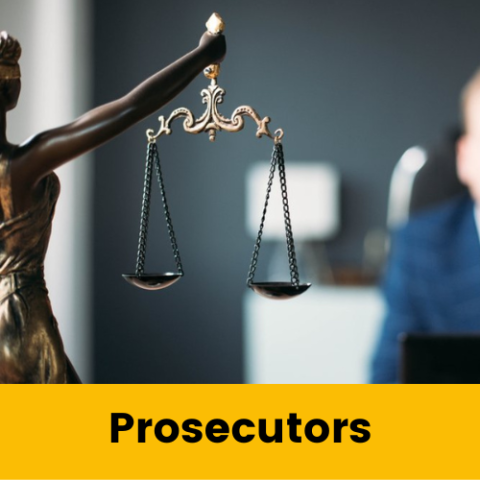Date of Offense
Reporting Authority
Supporting Document(s)
Statement
The document, filed with Presiding Disciplinary Judge Byron Large, claims that DA Stanley violated seven "rules of professional conduct for attorneys" by speaking publicly about multiple open criminal cases, including that of Barry Morphew, violating mandatory evidence disclosures to defense attorneys, and attempting to investigate a sitting judge without criminal evidence backing it up.
The OARC claims Stanley violated the following rules of professional conduct for attorneys:
- A Lawyer Shall Act with Reasonable Diligence and Promptness—Colo. RPC 1.3
- Pretrial Publicity—Colo. RPC 3.6(a)
- Prosecutor’s Extrajudicial Comments—Colo. RPC 3.8(f)
- Responsibilities of Supervisory Lawyer—Colo. RPC 5.1(a) and (b)
- Attempt to Violate the Rules of Professional Conduct and Conduct Prejudicial to the Administration of Justice—Colo. RPC 8.4(a) and Colo. RPC 8.4(d)
- Pretrial Publicity—Colo. RPC 3.6(a)
- Prosecutor’s Extrajudicial Comments—Colo. RPC 3.8(f)
The last two pre-trial publicity and extrajudicial comments allegations stem from an on-camera interview Stanley gave to KRDO13 Investigates in July 2023 about the death of a 10-month-old child in Cañon City and the subsequent murder case filed against William Jacobs.


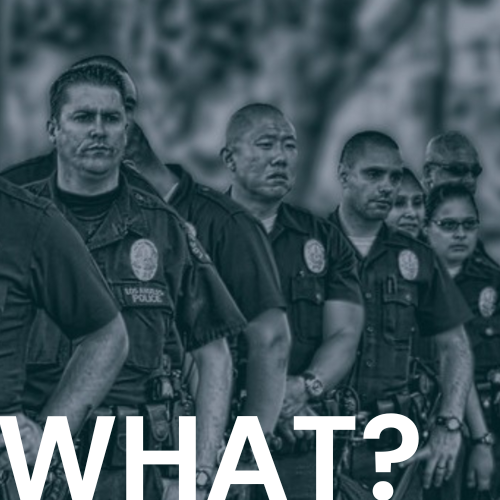
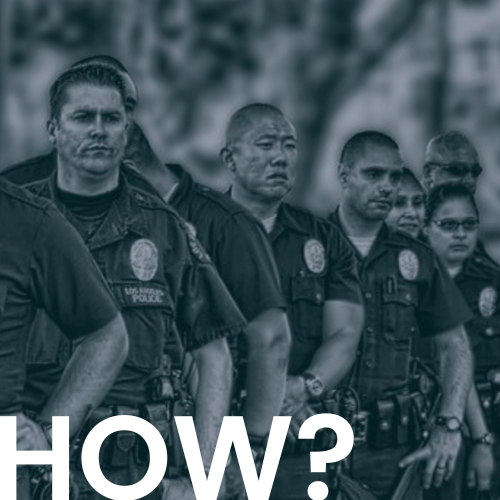
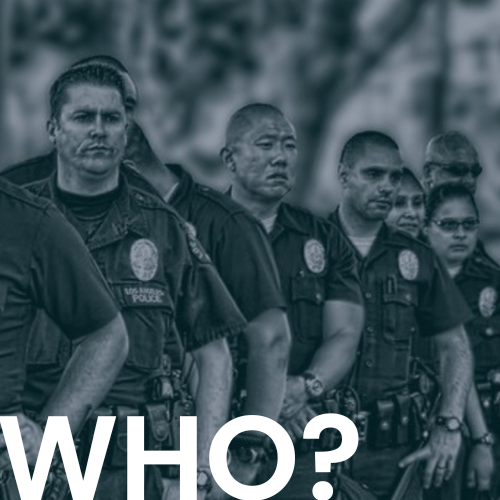
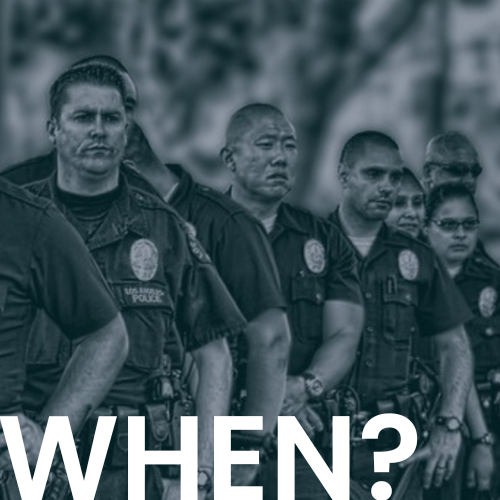
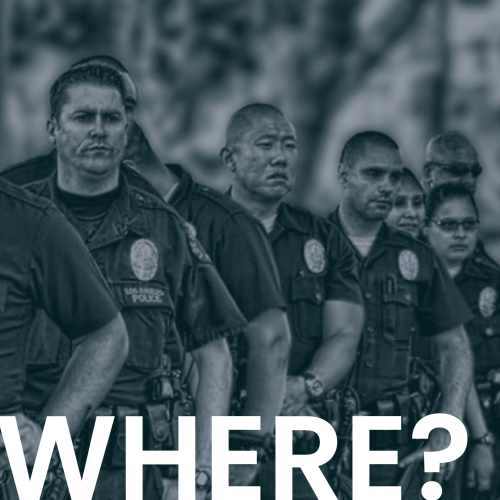
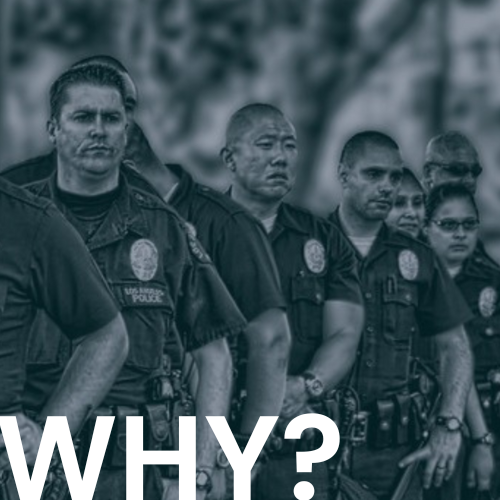
![Peace Officer Standards & Training [POST] Departments Peace Officer Standards & Training [POST] Departments](/sites/default/files/styles/large/public/2023-07/Brady.png?itok=xsIFvU8R)
![Organizations [Law Enforcement et al.] Organizations [Law Enforcement et al.]](/sites/default/files/styles/large/public/2023-07/Brady%20%282%29.png?itok=H7Pj15F8)
